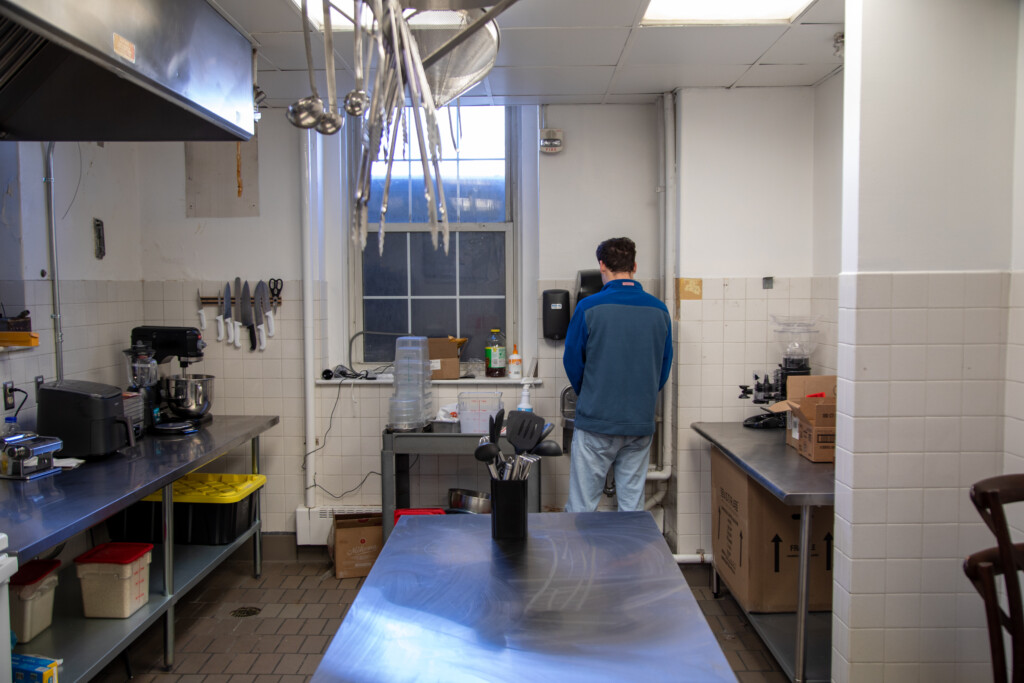Who runs the government? Not who we would expect, according to many who have little trust in their elected leaders. But as we step into the black helicopter- based world of conspiracies, let us also examine why there is a clear lack of faith in government’s scruples.Yes, we’ve all heard about the Freemasons, big business, big labor, an overzealous FBI, the mob, dead robber barons, Skull and Bones and now, via Michael Moore’s latest film, the bin Laden family. Is it feasible that all these entities are really pulling the strings in Washington? No. However, is it possible that a few of these groups may have a certain degree of undue influence in a democratic society where power supposedly belongs to the people? Maybe.Regardless of your belief or disbelief in conspiracy theories, it’s apparent that segments of the general public have a tendency to take them to heart. In 1997, for example, 40 percent of Americans believed that the FBI intentionally burned down the Waco Branch Davidian Complex. In addition, 81 percent supported the idea that an unknown group was involved in the JFK assassination. These polls each sampled over 1,000 respondents, had less than five percent error margins and were conducted by Ohio University, Scripps News Service and Gallup. Furthermore, there has been a plethora of media discussions on the topic, ranging from a “60 Minutes” piece regarding the secret society Skull and Bones to complaints from pundits and comedians about the corporate or labor influences in Washington.With public opinion and the media feeding off social trends toward the belief in government conspiracies, one begins to wonder about the causes of all this speculation who is really running the government. Unless we are to believe that all of these aforementioned conspiratorial groups are truly behind the decisions made in Washington, we may postulate that the near-paranoia expressed by many who distrust the inner workings of government is the result of some under-recognized political phenomenon.I contend that the reason that so many people believe in conspiracy theories is because they need to. Many people feel that they are disconnected from the government. They elected their leaders, so why do they feel their leaders are out of touch with them? Congressional and Presidential approval ratings habitually sag in the polls, and while the people feel that the government is not acting in their interests, a need arises for them to assume that there is some secret reason why. People who support the existence of centralized government will refute the notion that it is the very nature of the government to act in its own interests instead of those of the people. Hence, most citizens are left with the conclusion that some outside group must be behind it all, corrupting the system. And as some people grasp for reason to fasten to their disconnect with elected officials, they latch on to any and all hints of corruption, however unrealistic they may be in actuality.It seems, therefore, that conspiracy theories are inevitable. This is especially true in democratic societies, including ours, where public decision making is expected to be in the people’s interest. So long as politicians leave segments of their public supporters feeling disconnected and removed, there will always be those who simply must rationalize it, behind what are far too often irrational and outlandish speculations.Mack can be reached at jmack@campustimes.org.
Film Score
Conspiracy abounds for today's time
The Rochester Philharmonic Orchestra played the score of the film live, while the movie itself was projected above the musicians. It was a beautiful performance and an affectionate tribute to such a famous film. Read More
Cafe
Conspiracy abounds for today's time
Tired of the same old drink? Try some barista approved new recipes that are unofficially on the menu. Read More
ADP
Conspiracy abounds for today's time
After losing their personal chefs and having their commercial-grade kitchens closed for two months, Fraternity Quad residents’ kitchens were reopened near the end of October. Read More


